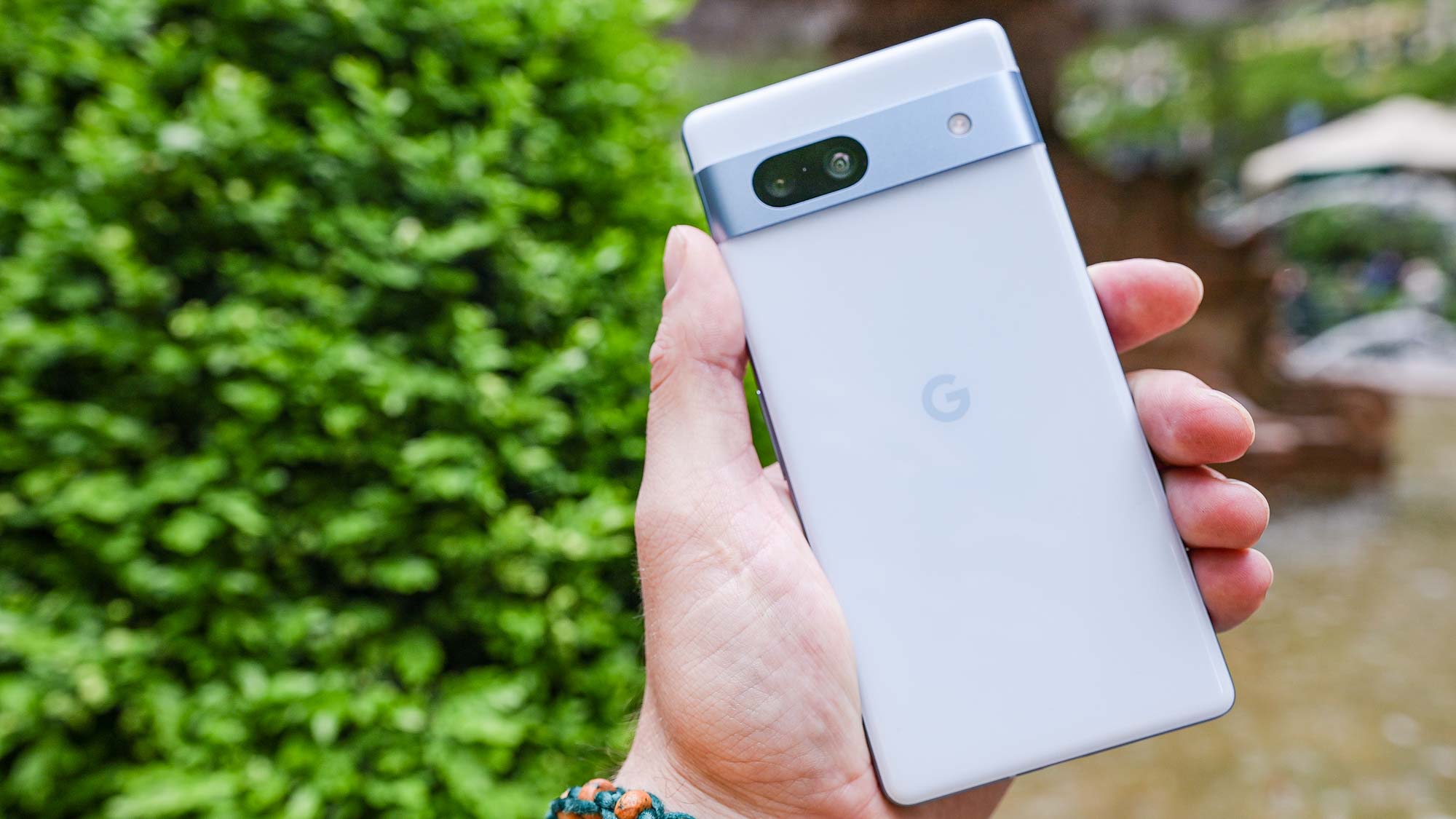Google says it'll never make a budget Pixel phone — here's why
“Too many compromises”

Even if the Pixel 8 and Pixel 8 Pro handsets are subject to a $100 price rise, Google has one of the best cheap phones you can buy with the $499 Pixel 7a. But anyone holding out for something cheaper still looks set to be disappointed.
A Google executive has ruled out the prospect of an ultra low-cost Pixel device for the time being.
The executive in question is VP of Google Mobile Business, Nanda Ramachandran who told German publication Der Standard. “It's pretty unlikely we'll go in that direction,” he’s quoted as saying, when asked about the possibility of a 200 Euro (~$211) Pixel (via Google Translate).
“We would have to make too many compromises for that,” he added, citing the key elements that make a Pixel a Pixel: camera, security and AI smart features.
The camera has been a key element of Pixel phones since the very first one emerged, with Google’s image processing helping the handsets punch above their weight, often producing better snaps than those with higher megapixel counts and wider apertures. The AI features — such as Magic Eraser and automated transcription — would also have to be jettisoned. Remove the phone’s main USPs, in other words, and it wouldn’t be worth it.
Although it wasn’t explicitly stated, there are likely another couple of pledges that Google has made for its upcoming Pixels that it wouldn’t want the headache of replicating for a theoretical budget model.
The first is that Google has promised to make Android and security updates available for seven years on the new Pixel 8 handsets, meaning buyers can keep using them safely until 2030. At the same time, the company also pledged to make spare parts available for the same duration. While it could, of course, release a cheap Pixel without the same promises, it would make the sustainability pledges look a bit hollow.
Get instant access to breaking news, the hottest reviews, great deals and helpful tips.
Finally, there’s the elephant in the room: despite their extremely strong reviews, Pixels are yet to make much of a dent on the global smartphone market, with the market research firm Statista estimating earlier this year that just 4.6% of Americans had used a Google handset as their primary device.
With margins ridiculously tight, the budget end of the market is even more competitive than the pool Google is currently fishing in. It might simply not wish to fight the Xiaomis, Nokias and Samsungs of this world on extremely unfavorable terrain.
More from Tom's Guide
- I just canceled my Google Pixel 8 Pro pre-order — here's why
- iPhone 16 Ultra: All the rumors so far
- Samsung Galaxy S24’s performance could vary by region — unless you go Ultra
Freelance contributor Alan has been writing about tech for over a decade, covering phones, drones and everything in between. Previously Deputy Editor of tech site Alphr, his words are found all over the web and in the occasional magazine too. When not weighing up the pros and cons of the latest smartwatch, you'll probably find him tackling his ever-growing games backlog. He also handles all the Wordle coverage on Tom's Guide and has been playing the addictive NYT game for the last several years in an effort to keep his streak forever intact.
 Club Benefits
Club Benefits






